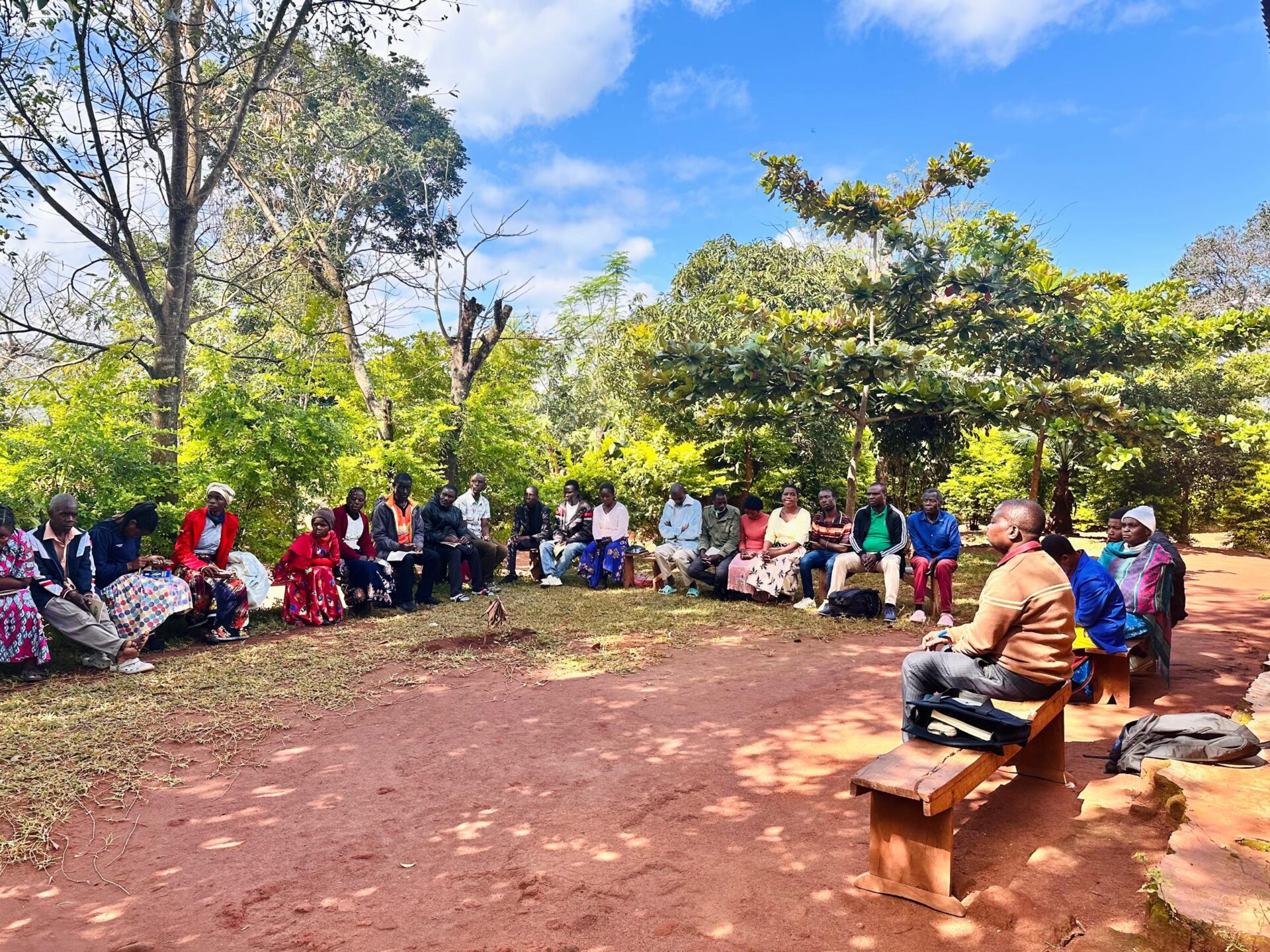CLARE projects strengthen drought resilience through locally led adaptation (LLA)
/
The CLARE programme champions Southern leadership and equitable partnerships to enable inclusive and sustainable climate resilience, drawing on evidence that shows those closest to a problem are best positioned to identify solutions.
Rooting adaptation in the lived experience of those most affected is essential for realizing equity, access, and sustainability. Stories of resilience from several CLARE projects highlight how communities are not passive recipients of external knowledge but active co-creators of solutions by applying the principles of locally led adaptation (LLA).
Through these principles, resilience strategies developed through CLARE research become more inclusive, more enduring, and better equipped to anticipate and absorb the shocks of a changing climate.

The critical role of LLA in drought resilience: lessons from CLARE
Launched at the United Nations Climate Conference (COP30), a recent report from the Global Center on Adaptation features insights from CLARE research projects that are strengthening drought resilience through principles of LLA.
The report, 2025 Stories of Resilience: Lessons from Local Adaptation Practice includes insights and stories from CLARE projects working to address social inequities and combine traditional knowledge with climate research in Chapter 6 on “The Critical Role of LLA in Drought Resilience”.
Discover how the projects are addressing drought-related challenges at the local level:
- the GRIN project on crop insurance that prioritizes women
- the PASSAGE project on knowledge learning hubs to empower communities
- the PALM-TREEs project on addressing the multifaceted impacts of drought
- and the BASIN project on systemic, structural, and psychological impacts of drought

Addressing an urgent global priority
Drought is among the world’s greatest climate challenges, causing damage exceeding US $300 billion each year and affecting more than 1.8 billion people annually, with a particular impact on the poorest and most vulnerable communities.
The implications of droughts don’t just affect national economies; they also spur challenges to food security, gender equality, health, education, security, and social and cultural practices.
Strengthening drought resilience is an urgent global priority, one that can’t be solved through one-size-fits-all approaches. Droughts create local challenges that demand focused, equity-driven solutions that are specifically tailored to local contexts – which can only be designed through the engagement and leadership of local communities.
Categories
Countries
CLARE Pillars
CLARE Themes
CLARE Topics
Published
CLARE Projects
CLARE Partners


